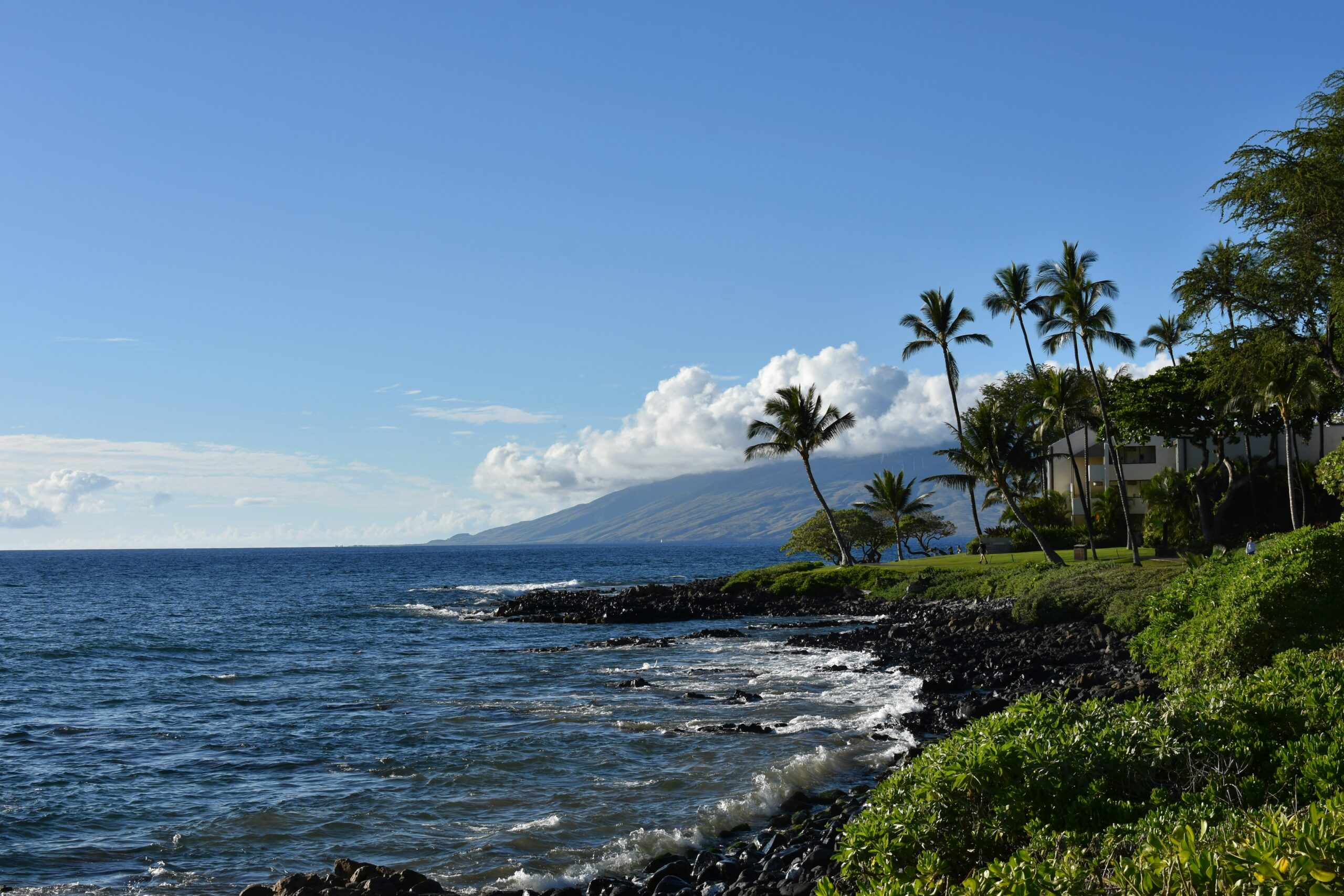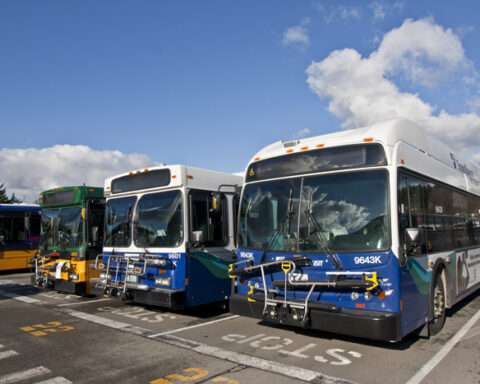Traveling from island to island in Hawaii is harder than it might seem, but a new plan looks to simplify travel for both residents and tourists.
Hawaii’s Maui County is exploring options for an interisland ferry service that would connect the islands of Maui, Molokaʻi and Lānaʻi. Maui’s City Council is opening up the second round of public comments on a feasibility study that could bring public ferry services to the state’s islands sooner rather than later.
While trekking one of Hawaii’s islands, residents and tourists can utilize a range of travel options, including extensive bus routes, bike share programs, ridesharing services, car rentals and shuttle and cab services. Inversely, travel between Hawaii’s islands and counties can be more complicated, in most cases requiring expensive air travel.
RELATED: DOT awarding $300 million in grants for ferry system upgrade
To address this interisland travel concern, the Maui City Council initiated the Maui County Ferry Feasibility Study in July to garner interest and public sentiment about the proposed public ferry system between the three islands.
The feasibility study, conducted by the County Department of Transportation, falls under the Council-Adopted FY24 Budget and furthers the council’s desire to have reliable intercounty transportation between Hawaii’s islands.
Currently, public travel between islands is bound to limited air and seabound resources. Four airlines, including Southwest Airlines, Hawaiian Airlines, ‘Ohana Airlines and Mokulele Airlines frequently offer interisland flights, while some public and private entities offer helicopter services between the islands. Most flights between the islands are short, taking up to 50 minutes, but can cost up to $300 one-way.
Travel by boat is cheaper than airfare, around $30 one-way, and can take up to an hour and ten minutes between islands.
However, there are only two interisland passenger ferries operating in Hawaii, the Molokaʻi Ferry and the Maui-Lānaʻi Expeditions Ferry. The Molokaʻi Ferry offers service twice a day from Lahaina and Maui to Molokaʻi, while the Maui-Lānaʻi Expeditions Ferry provides service three times a day from Lahaina to Lānaʻi.
The new proposed ferry system would operate much like a bus transit system, offering more ferries and times for passengers to explore and travel between Maui, Molokaʻi and Lānaʻi.
The feasibility study’s first round of public comments, which ended on Aug. 3, reported overwhelming community support for a public ferry system, providing residents with a cheap, reliable interisland travel option.
One concern raised in the first round of public comments is the influx of unregulated tourists entering islands that don’t have the supporting infrastructure; something that officials hope to address in round two.
The Maui County Ferry Feasibility Study will now seek public and community comments for the proposed ferry system’s implementation on the islands.
According to a news release about the feasibility study, this second round of in-person community workshops will leverage local communities’ insights and results from the previous open comment period to understand communities’ needs and preferences for a ferry service.
The community workshops’ locations and times are listed below:
- Lānaʻi, Lānaʻi Public Library – Oct. 15 at 1:30 p.m.
- Molokaʻi, Mitchell Pauole Center – Oct. 16 at 5 p.m.
- Kahului, Kahului Community Center – Oct. 17 at 5 p.m.
“As we conduct the Maui County Ferry Feasibility Study, it is important for us to hear from the community on potential routes, frequency and other factors for an intracounty ferry that would connect Lānaʻi and Molokaʻi with Maui,” County Department of Transportation Director Marc Takamori says in a press release. “The community will drive the conceptual plan, and we will continue public outreach to make sure we are drafting a proposal that reflects residents’ needs and concerns.”
Combining public comments from rounds one and two, Maui County officials anticipate the Maui County Ferry Feasibility Study will be finalized and presented to the Council for consideration by February 2025.
Photo by Luke Scarpino on Unsplash













